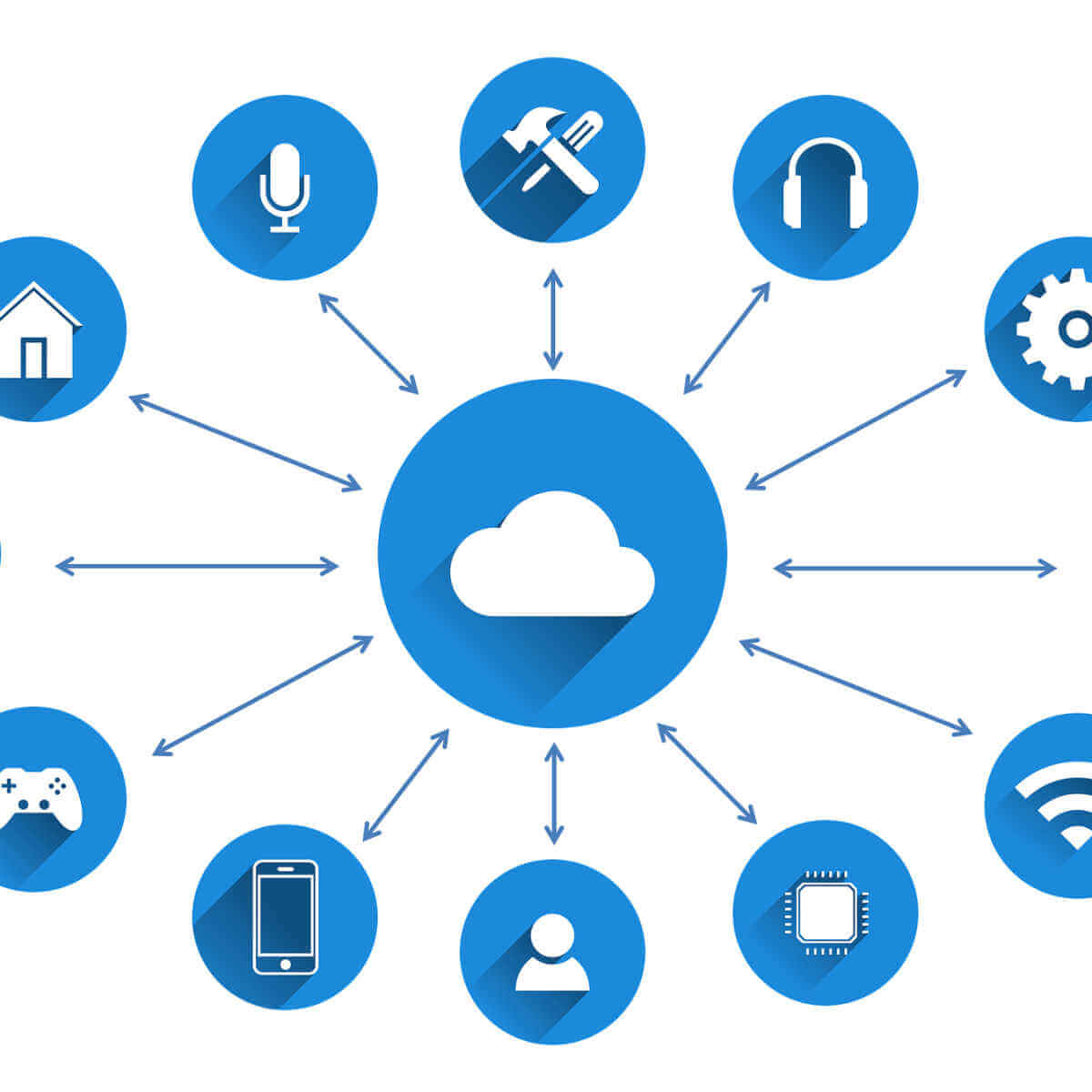
Azure Sphere has launched in general availability at last. Microsoft announced the Internet of Things (IoT) security and cloud services platform for the first time in April 2018.
The system has three main components: microcontroller unit (MCU), Linux-based operating system (OS), and a cloud-based security service.
IoT security
As people get connected via the internet, devices are getting similar connectivity thanks to the IoT. But security risks have been a major impediment to the wide-scale adoption of IoT. They are the main challenge that Microsoft set out to address with the Azure Sphere project.
The IoT world is big data rich, and that is the primary reason it is a sure target for cyber attackers. Dishwashers, refrigerators, surveillance cameras, and even wearables, which are some of the devices that can benefit from IoT technology, collect a lot of data that is vulnerable in the cloud.
According to Microsoft, the Azure Sphere Security Service protects such data by ensuring that IoT devices connect and communicate securely. One way the platform does this is by authenticating all connections to keep intruders out of the network.
Also, it will be a lot difficult for unsigned software updates to penetrate Azure Sphere’s security architecture. That protection would help in various scenarios, such as if a hacker or any other bad actor tried to introduce malicious code into IoT equipment software.
Microsoft partnered with MediaTek to develop cross-over MCUs for its IoT security platform. While Azure Sphere was in preview, some appliance manufacturers put these chips in their products.
Failure reporting
Azure Sphere adopts a preemptive strategy to failure reporting. Rather than wait until a device fails, the system will be scanning each IoT device’s operational data for indicators of potential breakdown.
It appears that the platform incorporates artificial intelligence into operational data analysis. As such, it can predict possible equipment failure after detecting predisposing factors like overheating. This approach makes remote servicing and updates in IoT a reality.
Customer-facing apps
Microsoft said that appliance makers can also create mobile or online user portals that leverage Azure Sphere data. Customers may access such interfaces to track device data, for example, usage or status, in real time.
Azure Sphere has to prove that it can effectively address key IoT security concerns, from denial of service attacks to spoofing. This way, it can persuade more skeptical manufacturers and appliance makers to sign up for the service.
